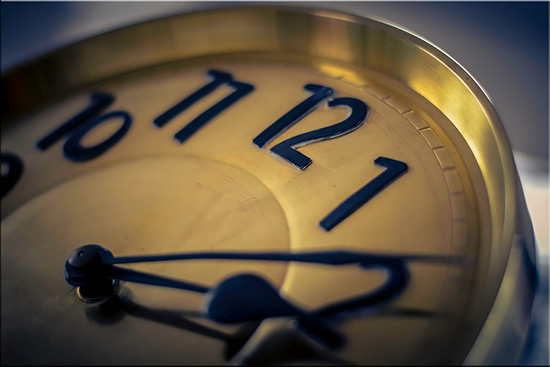It’s that time of year again: time to change the clocks! For many years, The United States has observed daylight saving time by setting our clocks one hour ahead in the spring, and one hour back in the fall. This Sunday, March 11th, don’t forget to reset your clocks, watches, microwaves, ovens, coffee makers, etc.
Here are some facts about Daylight Saving Time that you might not have known:
 The correct term for DST is Daylight Saving Time, not Daylight Savings Time. In this title, the word “saving” is acting as an adjective, not a verb. Therefore the singular form of this word is the most grammatically correct usage.
The correct term for DST is Daylight Saving Time, not Daylight Savings Time. In this title, the word “saving” is acting as an adjective, not a verb. Therefore the singular form of this word is the most grammatically correct usage.- Germany was the first country to enact “Daylight Saving Time.” Shortly after World War I on April 30, 1916, the German government decided to embrace this new system of time in an effort to conserve electricity. Soon after, the United Kingdom followed in Germany’s footsteps with a new time system called “Summer Time.”
- Farmers were not supportive of Daylight Saving Time. If a new system of keeping time were enacted, farm animals such as cows, chickens, and roosters would not know about it. These animals would still follow the same routines as usual, yet the farmers would be off schedule. The cow would now be milked an hour earlier, and the rooster would sing an hour earlier as well. In 1919, a group of agrarians banded together and repealed the Daylight Saving Act with the help of Congress.
- Contrary to popular belief, the entire U.S. does not observe this biannual time change. Hawaii and Arizona, along with many United States territories such as Guam and Puerto Rico do not change their clocks all year!
- Studies show that Daylight Saving Time does not conserve energy, which was the reason for it being created. Instead of saving money in electricity by waking up when the sun was up, people now spend more money on gasoline and air conditioning by being out and about during the hot summer months.
- When you set your clocks forward on Sunday, you’re actually losing an hour. For example, if one usually wakes up at 6 am and then changes his clock an hour ahead, 6 am will become 7 am. Thus, when he sets his alarm for 6 am the next morning, he will really be waking up at 5 am –
and should go to bed early!
Don’t forget to set your clocks forward this Sunday. Otherwise you might be an hour late for church!
Credits to:
Klein, Christopher. “8 Things You May Not Know About Daylight Saving Time.” History.com, A&E
Television Networks, 2012, www.history.com/news/8-things-you-may-not-know-about-daylight-saving-time.

